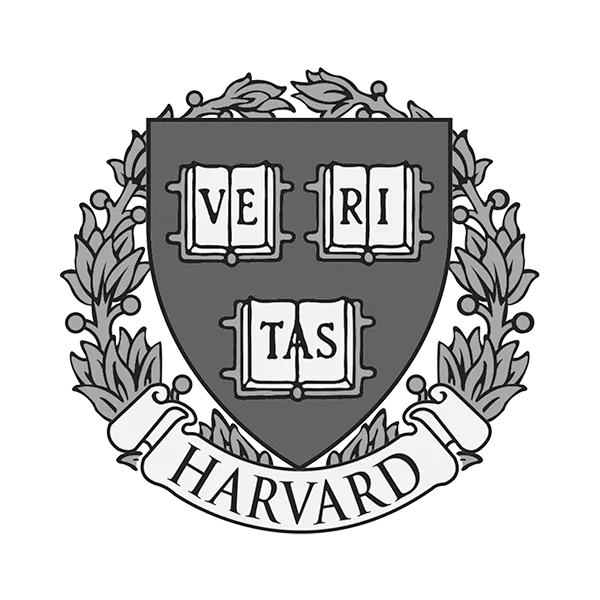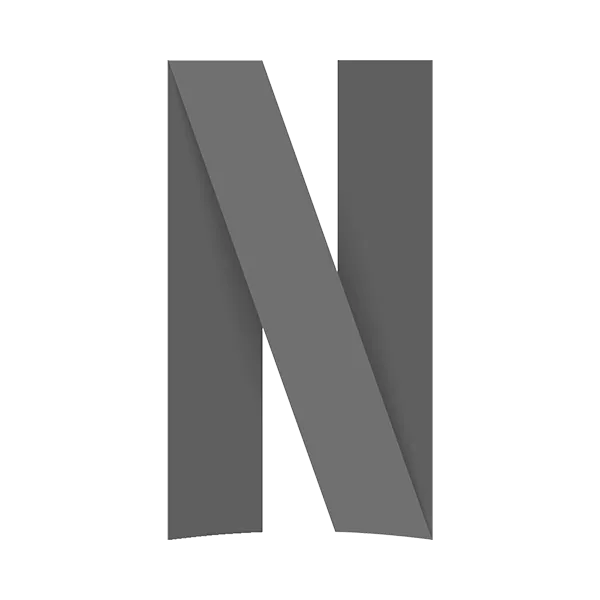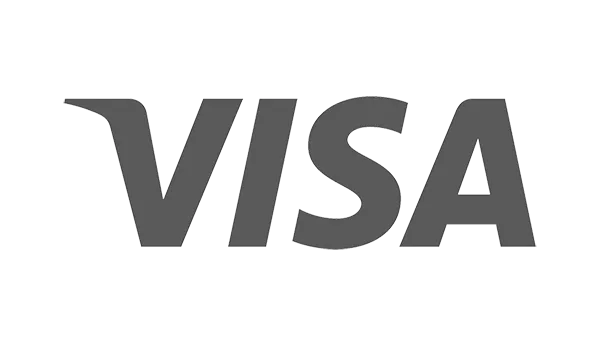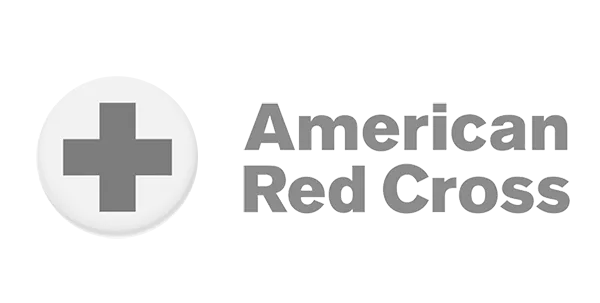Crafting a standout HR resume is crucial to landing your dream job in the human resources industry. But with hundreds of pieces of advice out there, it can take time to decide which tips to follow and which are simply myths.
The good news is that you’ll be better equipped after reading this article.
The Traditional (Outdated) Definition of a Good Resume
For far too long, job seekers (in the HR field and others) have relied on outdated methods to craft their resumes. This is dangerous territory. Getting a resume wrong can cost you an interview and, ultimately, a job.
Traditionally, resume recommendations dictate listing basic information like education, work history, accreditations, and skills. The focus of this document heavily relies on work experience. The trouble is that if job seekers don’t have vast experience in their industry or haven’t held many positions, it can make them feel insecure about prospects when looking for a job.
On average, recruiters look at resumes for six to seven seconds before deciding whether to pass it through initial screening. This means the first reader will, at most, glance at the job titles and companies listed under work experience. Traditional resumes don’t successfully indicate how applicants have grown or shared their knowledge in past roles or their unique value.
An applicant’s experience goes beyond just resume-friendly roles gained in positions held by companies listed on LinkedIn or Indeed. Let’s debunk some myths about writing a good resume so that your next job application gets you past a seven-second read.
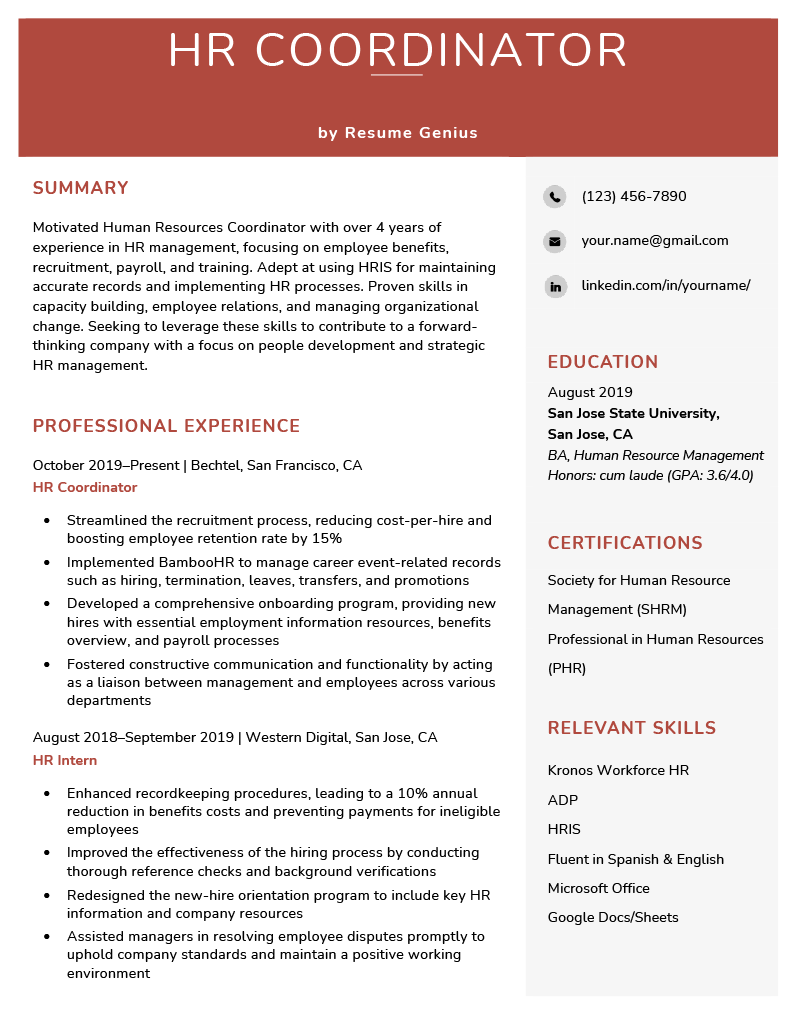
8 Myths About Writing a Great HR Resume Debunked
Myth 1: Your Resume Should Fit on One Page
One of the most pervasive and misguided beliefs is that your prospective employer wants you to cram all necessary information into one page. However, unless otherwise requested by the employer (which happens rarely), two pages are perfectly acceptable. Readability is more important than the number of pages. Keep your resume well formatted with clear headings so that relevant information is easy to find.
You’re not just writing a clear and concise document for recruiters but also for screening software. Applicant tracking systems (ATS) are often fitted with artificial intelligence that picks up on headings and keywords relevant to the role. The software uses this information to pass top candidates through automated screening and recommend them to hiring teams.
Related resource: Writing an ATS Friendly Resume
The focus should always be on providing concise and comprehensive details of relevant qualifications and experience in order to stand out from other applicants.
Myth 2: Always Include an Objective Statement at the Top
Traditional advice suggests including an objective statement at the beginning of your resume.
An objective statement is usually a paragraph or two, tailored to the role, that describes the value you can add if you get hired. Much like a cover letter, the objective statement outlines what attracted you to the role and how your skill set makes you a good fit.
This practice has more or less fallen out of favor with employers recently; these objectives often fail to provide any real value or insight into why someone would make a great candidate. It's now seen as more of a “bonus” than an essential element.
Myth 3: Include Detail Every Role in Your Employment History
Keeping your resume concise and focused may be difficult if you include the details of every job and experience that you’ve had, especially if you're applying for a role with 10+ years of relevant experience. How do you keep the focus on your most appropriate roles and achievements?
Some advice may suggest cutting roles from earlier in your career, but that can come back to bite you if an employer notices the absence of certain positions.
It's always best practice (unless otherwise specified) to list all positions since leaving school or university; simply keep the descriptions short and focus on successes and accomplishments in the positions you’re most proud of without adding too much fluff.
Myth 4: Include Personal Information
Some believe including personal information such as marital status, age, or religion could help them stand out from other candidates. In reality, though, these details will have no bearing whatsoever on employers’ decisions. At worst, inducing this information can lead to unlawful discrimination.
Myth 5: List All Your Soft Skills
Soft skills, such as strategic thinking and effective communication, can be critical in many roles. To avoid your resume reading like a dating app profile, follow these two rules:
Rule 1: Take a cue from the job listing. Note the attributes the employer is looking for and include these in your resume.
Rule 2: Show, don’t tell. Anyone can say they are data-driven problem solvers. You, however, should give a specific example of how you use this skill.
Keep this section of your resume brief. Highlighting only the most relevant skills will do more to show employers why you're qualified for their position than a shopping list of vaguely relevant skills.
Myth 6: Add Your Photo or Headshot
In many countries, it's illegal for employers to demand headshots during application processes. Requesting these photos can be considered discriminatory.
With advances in communication technology and applicant screening through social media, employers can easily find out who you are and what you look like. They can learn all this without a photo on your resume, so it’s best to leave it off in case it counts against you.
Myth 7: Use Industry Jargon and Fancy Words
Advice on “repertoire building” suggests applicants should include many big words and industry jargon in their resume to appear professional.
This is a bad idea. “Fancy” language can complicate otherwise easily understandable statements, making it more difficult for recruiters and employers who may not be industry experts to truly understand your resume’s message. It’s best to keep things natural and simple.
A friendly, professional tone makes you seem more human and, therefore, more likable.
Myth 8: Create Separate Resumes for Different Positions
Many job seekers believe creating multiple resumes tailored to each job description is key to their success. There’s some merit to this, but it can also be incredibly time-consuming.
The best approach is to have one principal, up-to-date resume that you can tailor slightly to the job you’re applying for. You can move and highlight specific attributes and skills instead of completely rewriting your entire work history.
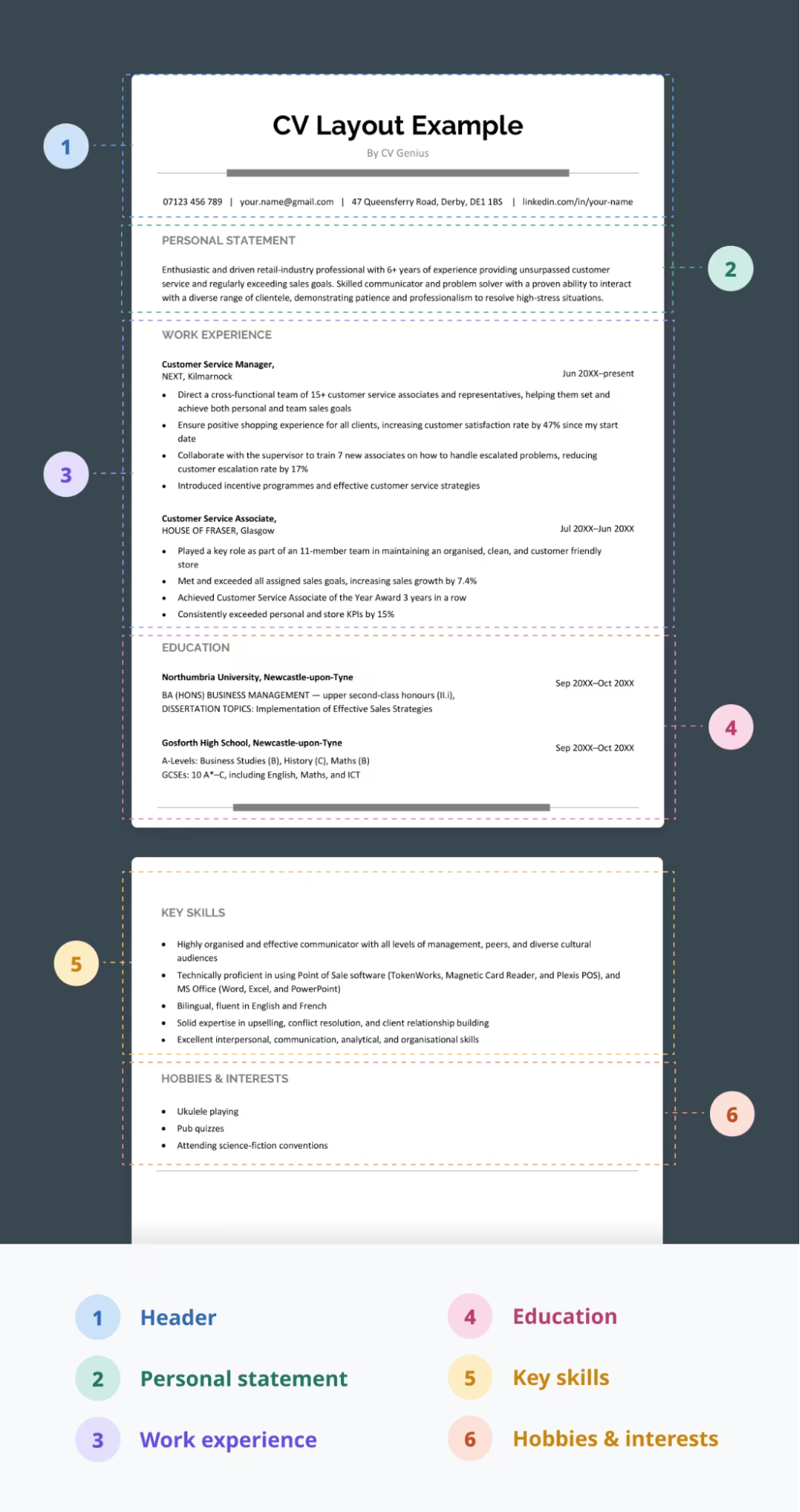
Resume Rule-Breakers that Actually Work
While writing a robust, professional resume involves following certain basic rules, there are also rule-breakers that can inject your document with energy while helping employers take notice.
You Don’t Have to Be Boring
If you apply for an HR role in a creative industry like marketing or design, using color to highlight headings and titles in your resume may be more beneficial than using simple black text. Just remember to keep it focused on what matters most so information isn’t overlooked by recruiters.
Don’t Be Coy
Recruiters want to see evidence of your past success, so don’t bury your most significant wins on page two.
Instead of adding bulleted lists like “Successfully increased company profits by 20%” under each position, consider a separate section titled ‘Achievements’ at the top of the page.
This approach makes resumes easier to scan since all achievements are listed together without having to scroll through work history information. Ensure these accomplishments tie directly back to points mentioned in other sections and use data wherever possible for maximum impact.
Ideally, your resume should portray who you are and make a connection with the employer’s needs as soon as possible. They’re hiring to solve a problem in their organization. Sell yourself as the solution to that problem.
5 Resume Rules You Should Absolutely Follow
Now, let's talk about resume rules you should absolutely follow to construct a great resume.
Rule 1: Highlight Accomplishments Over Responsibilities
While a job description helps convey what you do in your daily role, it doesn’t reveal the story behind the title. Showcase key instances where you went above and beyond or leadership initiatives that drove change in your organization.
Real-life examples of your contributions help hiring teams understand your way of thinking. If you’re applying for a title you’ve not held before, this assures them you are capable of taking on additional responsibility outside of what's outlined on paper.
Rule 2: Incorporate Keywords and Technical Language
Include accreditations, software, and skills mentioned in the job posting without going overboard with jargon.
It’ll help interviewers easily match your application with the necessary markers to fill the position. These are also likely the keywords their ATS is programmed to look for in initial candidate screening.
While using unique terms like “employee experience wizard” or “interview guru” may be tempting, screening tools won’t recognize these terms and will likely ignore them.
Rule 3: Define Sections on Your Resume with Clear Headings
When reading through hundreds of resumes, recruiters look for essential pieces such as certifications or unique experiences that could quickly be beneficial to their organization’s bottom line.
Arrange all the information you convey in your resume into separate sections. Name these sections using the common vernacular — Education, Work Experience, HR Accreditations, etc.
Make it substantially easier on them by incorporating headings and concise, bulleted points to list your education, skills, and work experience.
Rule 4: Bold or Italicize Important Words
Don’t go crazy and bold entire sentences, but making keywords stand out will help ensure your resume isn’t lost amongst other documents containing plain paragraphs on a crowded desk.
Whether or not this trick gets an extra two seconds of the recruiter’s attention is up for debate. Still, it does convey your key skills and qualifications quickly and efficiently.
Rule 5: Proofread Your resume Before Sending It
Ensure there are no spelling or grammar errors in the document. Even minor typographical mistakes could make a recruiter question your attention to detail— an essential skill needed across practically any occupation.
Have a friend or family member take a look as well. Better yet, professional proofreaders can offer peace of mind that you’re portrayed as the capable professional that you are. They can also give other resumes tips and tricks so that yours stands out above the rest.
A Few Final Thoughts on Your HR Resume
Navigating the intricacies of HR resume writing requires you to set aside notions you may have learned from common myths and rules about job applications. Don’t be afraid to embrace the evolving definition of a good resume, emphasize storytelling, and showcase modern skills so you can successfully navigate a competitive job market.
Also, don’t forget to write an HR cover letter that stands out from the crowd.








